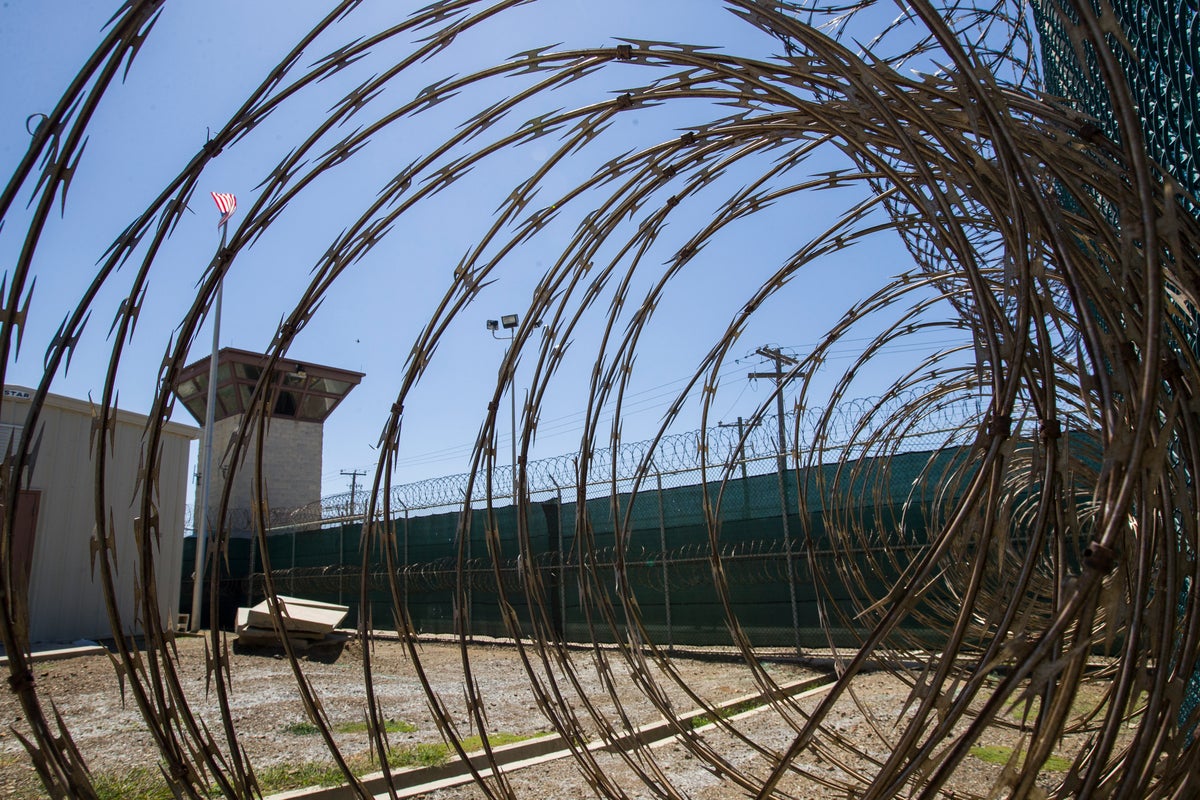
An investigation by a United Nations (UN) special rapporteur has determined that prisoners incarcerated at Guantánamo Bay are being held under conditions that are “cruel, inhuman and degrading treatment under international law.”
The special rapporteur, University of Minnesota law professor Fionnuala Ní Aoláin, spent four days at Guantánamo Bay in February speaking with detainees, former detainees, and lawyers who have worked in and around the notorious facility located on the Cuban coast.
Guantánamo Bay has long been notorious, seen by many on the left as a symbol of American disregard for the rule of law in the aftermath of the terrorist attacks of September 11, 2001. A number of detainees have reported that they were tortured.
But the special rapporteur’s report is a landmark: the first time an independent investigator from the UN has been allowed into Guantánamo Bay since the facility opened more than two decades ago. Since 2002, nearly 800 people have been held at the facility — the vast majority of them Muslim, the vast majority held without a charge or clear trial date. According to the American Civil Liberies Union (ACLU), 39 men remained indefinetely detained at the facility as of last year.
Ms Ní Aoláin cited the use of solitary confinement, lack of healthcare, and the use of force against detainees as among the reasons conditions at the prison may even amount to torture.
The Biden administration’s response to the investigative findings was largely defensive.
In an official response to Ms Ní Aoláin submitted by Michèle Taylor, the ambassador to the UN Human Rights Council, the administration complimented itself for allowing Ms Ní Aoláin to access the facility and then minimised many of her findings.
“The United States disagrees in significant respects with many factual and legal assertions the SR has made,” Ms Taylor wrote. “We are committed to providing safe and humane treatment for detainees at Guantanamo, in full accordance with international and U.S. domestic law. Detainees live communally and prepare meals together; receive specialized medical and psychiatric care; are given full access to legal counsel; and communicate regularly with family members.”
Nevertheless, Ms Taylor wrote that the US is “nonetheless carefully reviewing the SR's recommendations and will take any appropriate actions, as warranted.”
In her report, Ms Ní Aoláin outlined a number of areas in which the US could take action. One is regarding its the care it provides for detainees, a number of whom are suffering in Ms Ní Aoláin’s judgement from torture-induced trauma in addition to a range of permanent disabilities and chronic pain.
Ms Ní Aoláin called on the US to establish an independent, civilian health care programme for detainees it has allegedly tortured through the years, and noted as well that US has failed to adequately address its use of torture against detainees at Guantánamo Bay.
A number of organisations, including the ACLU have called on the US to close the facility completely. Former President Barack Obama announced a plan to close the facility in 2015, but failed to follow through. The Biden administration has also suggested it wants to eventually close the facility, though it has yet to happen.







